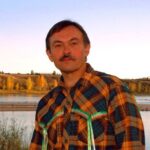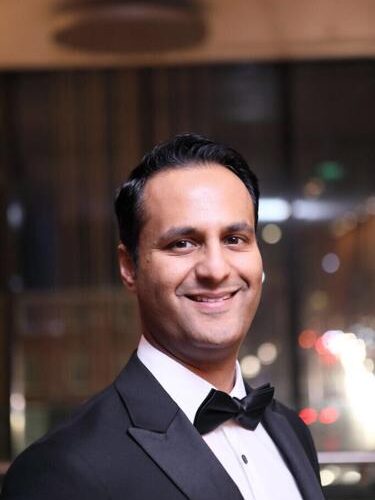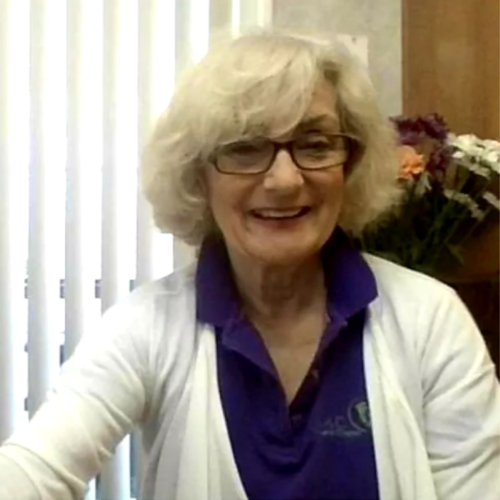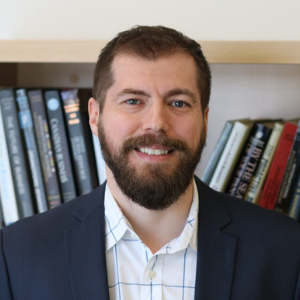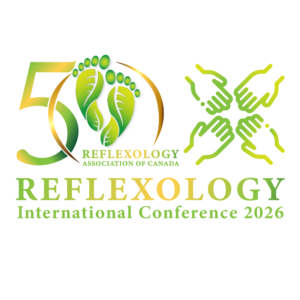Dr. Lewis Mehl-Madrona, MD, PhD
Lewis Mehl-Madrona, MD, graduated from Stanford University School of Medicine and trained in family medicine, psychiatry, and clinical psychology. He completed his residencies in family medicine and in psychiatry at the University of Vermont College of Medicine. He has been on the faculties of several medical schools, most recently as associate professor of family medicine at the University of New England.
He is the author of Coyote Medicine, Coyote Healing, and Coyote Wisdom, a trilogy of books on what Native culture has to offer the modern world. He has also written Narrative Medicine, Healing the Mind through the Power of Story: the Promise of Narrative Psychiatry, and, his most recent book with Barbara Mainguy, Remapping Your Mind: the Neuroscience of Self-Transformation through Story.
Lewis currently works with Wabanaki Public Health and Wellness, which serves the five tribes of Maine. He also works part-time at Acadia Hospital and with the Family Medicine Residency at Eastern Maine Medical Center. His goal is to bring the wisdom of indigenous peoples about healing back into mainstream medicine and to transform medicine and psychology through this wisdom coupled with more European-derived narrative traditions. He continues to work with aboriginal communities to develop uniquely aboriginal styles of healing and health care for use in those communities. He is interested in the relation of healing through dialogue in community and psychosis.
He has written scientific papers in these areas and continues to do research.
He writes a weekly (almost) blog on health and mental health for www.futurehealth.org. His current interests center around psychosis and its treatment within community and with non-pharmacological means, narrative approaches to chronic pain and its use in primary care, and further developing healing paradigms within a narrative/indigenous framework.
